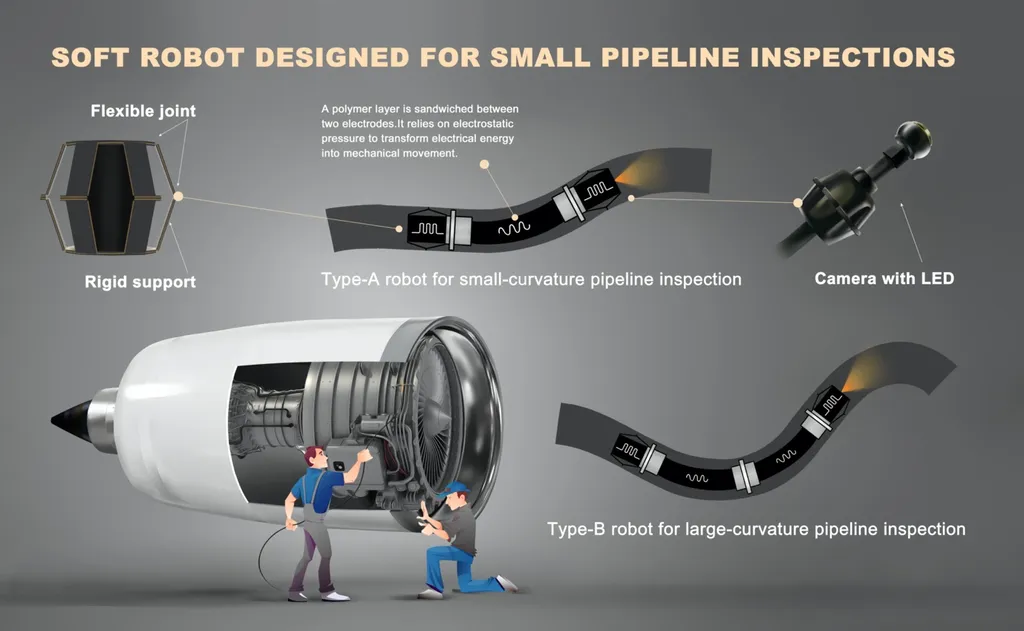In a significant stride towards sustainable wearable technology, researchers have developed flexible strain sensors that are not only high-performing but also repairable and recyclable. This innovation, led by Yuting Wang from the Institute of Nuclear and New Energy Technology at Tsinghua University in Beijing, China, addresses critical gaps in the current market for flexible wearable devices, particularly in health monitoring and human-machine interaction.
The new sensors are crafted by hot-pressing highly electroconductive carbonized silk fabric (CSF) into the surface of exchangeable polyurethane (xPU). This process results in sensors that boast a large workable strain range of over 80%, a rapid response time of less than 60 milliseconds, high sensitivity, and excellent durability. “The combination of CSF and xPU not only enhances the performance of the sensors but also introduces the capability for repair and recycling,” Wang explained. “This dual functionality is crucial for the long-term use and sustainability of wearable devices.”
One of the standout features of this innovation is its cost-effectiveness. The abundant availability of silk fabric and the large-scale production of polyurethane, coupled with the simple hot-pressing process, make these sensors economically viable. “We aimed to create a solution that is not only technologically advanced but also accessible and sustainable,” Wang added. “The use of readily available materials and a straightforward fabrication process ensures that our sensors can be produced at a low cost, making them a practical choice for various applications.”
The sensors’ ability to be repaired and recycled is a game-changer for the industry. Traditional flexible strain sensors often end up as waste after their useful life, contributing to environmental degradation. The dynamic carbamate bonds in the xPU allow for efficient repair and recycling, extending the lifespan of the sensors and reducing waste. “This innovation aligns with the growing demand for sustainable technologies,” Wang noted. “By making our sensors repairable and recyclable, we are taking a significant step towards a more environmentally friendly future.”
The potential applications of these sensors are vast, ranging from health monitoring to human-machine interaction. Their high performance and sustainability make them an attractive option for industries looking to integrate wearable technology into their products. “We envision these sensors being used in a variety of settings, from medical devices to industrial equipment,” Wang said. “Their versatility and durability make them a valuable addition to any application requiring flexible strain sensing.”
Published in the journal Sustainable Materials (SusMat), this research represents a significant advancement in the field of wearable technology. The development of repairable, recyclable, and high-performance flexible strain sensors opens up new possibilities for sustainable and cost-effective solutions in various industries. As the demand for wearable technology continues to grow, innovations like these will play a crucial role in shaping the future of the industry.

